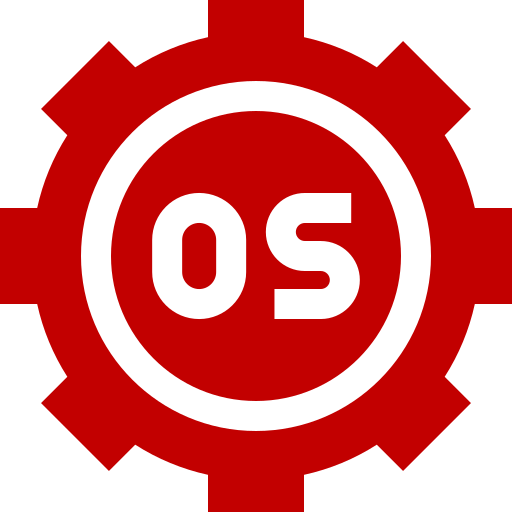It includes:
- Student Learning Record (A3 version in word)
- Student Learning Record (PDF version)
- Student Learning Record (PowerPoint version)
- Student Learning Record (Exemplars)
- Set of student activities and workshops with answers
- Answers to the exam questions from the back of the SLR
- Teacher Marking Checklist
- Year 13 Recap Lesson
This topic covers:
H046
- 1.2.1 a-h Operating Systems
H446
- 1.2.1 a-h Systems Software
Specific knowledge required for AS and A Level:
- Candidates need to have an understanding of why an operating system is required, along with the different tasks it performs within a computer system (e.g. resource management, file management, interrupt handling, security, providing a platform for software to run, providing a user interface and providing utilities).
- Candidates need to understand how operating systems manage memory. They need to understand the need for, purpose and function of paging to divide memory into usable fixed-size pages and how this aids in the transfer of memory for example virtual memory.
- Candidates need to understand what is meant by segmentation and how memory is divided into segments to allow access to memory. Candidates need to understand what is meant by virtual memory and why this is needed in a computer system.
- Candidates need to understand how paging is used in virtual memory, and the benefits and drawbacks of having and using virtual memory in a computer system.
- Candidates need to understand the purpose of interrupts within a computer system, why an interrupt might be generated and what happens within the CPU and memory in order to call an interrupt service routine.
- Candidates need to understand the need for scheduling of tasks by an operating system and the benefits that scheduling brings. Candidates need to understand that there are different scheduling algorithms, with each having benefits and drawbacks for tasks with specific characteristics.
- Candidates need to understand how the following scheduling algorithms work; round robin, first come first served, multi-level feedback queue, shortest job first and shortest remaining time.
- Candidates need to understand the different (and often overlapping) classifications of operating systems (distributed, embedded, multi-tasking, multi-user and real time), including the key features of each. They should be able to recommend (and justify) a type of operating system for a given scenario.
- Candidates need to understand the role of the BIOS in a computer system, and the steps that the BIOS goes through to start a computer. Candidates need to understand what is meant by ‘device drivers’ and why they are needed for communication between hardware and the operating system.
- Candidates should be able to describe what is meant by a virtual machine, how they can be used to execute intermediate code, how they can be used to run a software driven machine inside a physical machine and the benefits and drawbacks of each approach.






